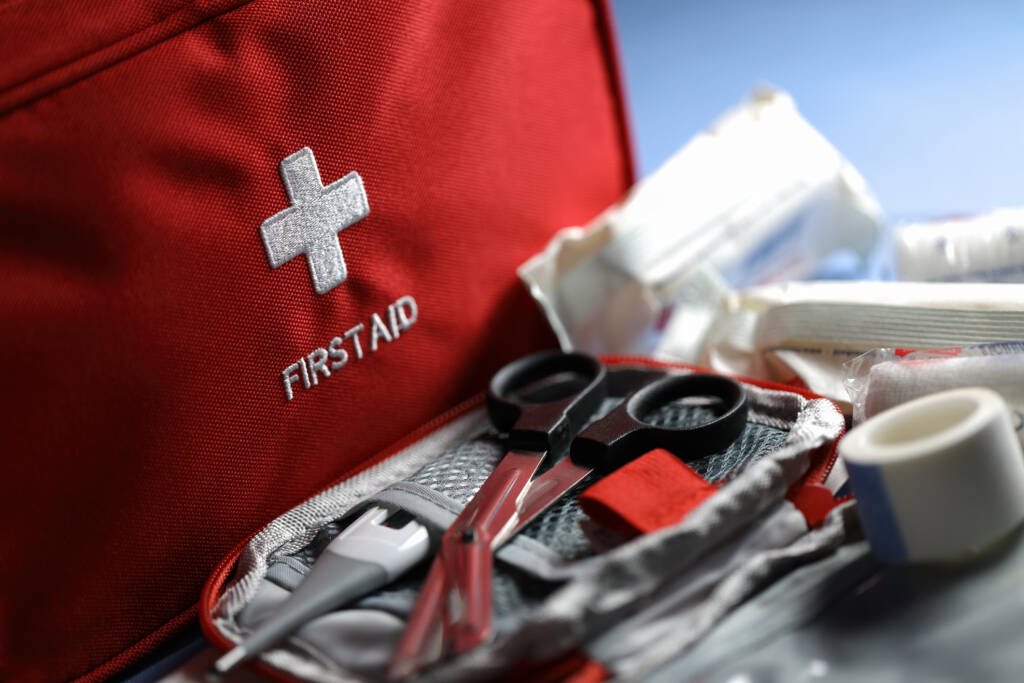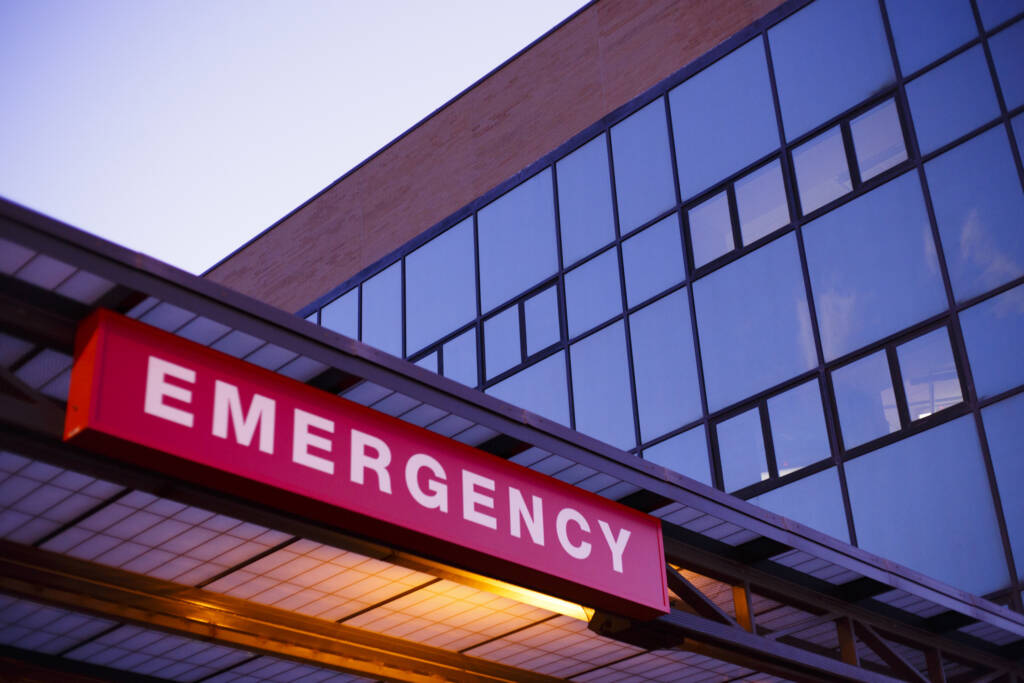
Drugs and Alcohol

This course delves into the types and effects of drugs, including alcohol, tobacco, steroids, over the counter drugs, marijuana, barbiturates, stimulants, narcotics, and hallucinogens. Students learn about the physiological and psychological effects of drugs, as well as the rules, laws, and regulations surrounding them. The difference between appropriate and inappropriate drug use will also be discussed. In addition, students will learn about coping strategies, healthy behaviors, and refusal skills to help them avoid and prevent substance abuse, as well as available resources where they can seek help.
Major Topics and Concepts
- Drugs
- Drug Use
- Effects of Drugs
- Over the Counter
- Commonly Abused Drugs
- Steroids
- Alcohol
- Tobacco
- Marijuana
- Illicit Drugs
- Stimulants
- Depressants & Barbiturates
- Narcotics
- Hallucinogens
- Drug Interventions
- Refusal Skills
- Coping Skills
- Stages of Change
- Interventions & Therapy
Competencies
Drug Awareness
Students will demonstrate an understanding of drug awareness by describing drug use, explaining the impact of drugs on body systems, summarizing the effects of types of drugs, and describing safety methods for household chemicals and medicine.
Commonly Abused Drugs
Students will demonstrate an understanding of commonly abused drugs by describing over-the-counter drugs, describing alcohol and steroids, and describing tobacco and marijuana.
Illicit Drugs
Students will demonstrate an understanding of illicit drugs by describing stimulants, describing depressants and barbiturates, describing narcotics, and describing hallucinogens.
Drug Interventions
Students will demonstrate an understanding of drug interventions by describing refusal skills, describing coping skills, explaining stages of change, and summarizing intervention and therapy.

